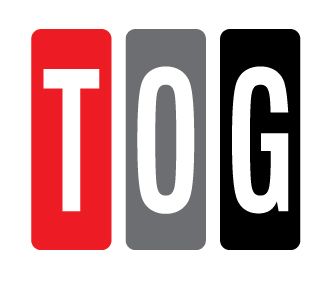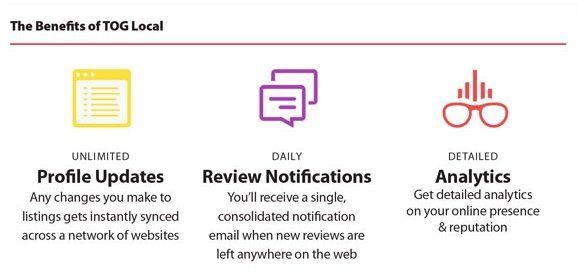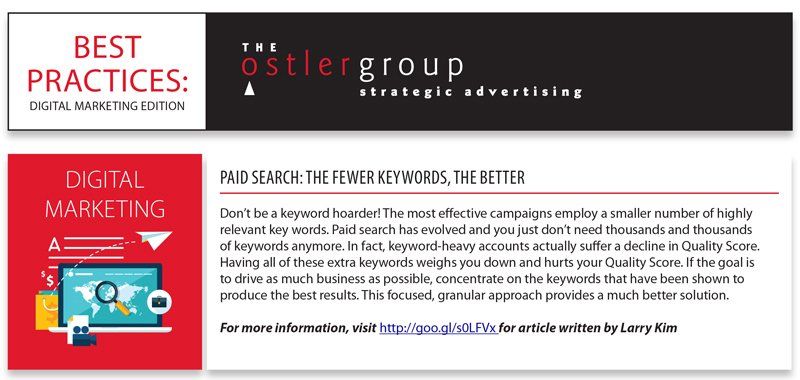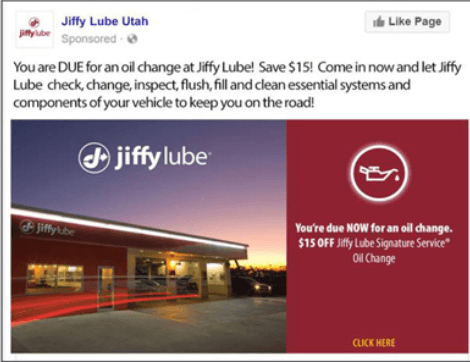Reputation Management
You've got a rep to protect!

You might be losing customers even before they pay a single visit your store. These days, consumers
turn to popular online review sites, such as Google and Yelp, as they seek out new service providers.
Research shows correlations between online reviews, consumer trust and purchase intent. What a
potential customer reads online could send them running – either to your store, or to the competition.
8 Best Practices for Online Reputation Management (ORM)
1. Claim store addresses before someone else does. If you’re not there, someone else will be.
This could be a competitor or well-meaning employee.
2. Provide dissatisfied customers with outlets before they resort to social media. These include:
a. Having a Manager introduce themselves at the end of the service and ask, “How was your visit?”
b. Clearly posting Customer Service contact information in-store, on receipts and on business
cards for customers to take from point of sale.
3. Use all feedback – both positive and negative – to coach and counsel your team. Use actual
reviews to celebrate great work and discover areas that need extra attention.
4. Aim for perfect – but not too perfect. Negative reviews not only give you a chance to improve
operations, they also allow you to show that you care about your customers. Profiles that have
all 5-star ratings look fake.
5. Be consistent in your responses. Find a process that is sustainable for your organization.
You don’t have to respond to every positive review, but if that’s your business style, go for it.
6. Keep responses short and respectful. It’s essential to respond immediately to negative reviews
(usually three stars or less). Responses to negative reviews are as much for the prospective customer
as they are for the one who posted the original review.
7. Thinking about providing incentives to customers or employees to post positive reviews?
Not so fast: Yelp and Google have advanced algorithms that detect fake reviews. It’s also unethical to “buy” positive reviews.
8. Make sure that all NAPs (Name, Address and Phone Numbers) are formatted correctly and consistently across all platforms. all NAPs (Name, Address and Phone Numbers) are formatted correctly and consistently across all platforms.
Read this before you make your next move on social media>>
THE OSTLER GROUP
Reputation Management has become a critical responsibility for businesses in every sector. This blend of public relations, marketing and customer service entails the monitoring of online reviews and following best practices in the interest of maintaining or improving the public image of the brand. The Ostler Group offers a wide range of Reputation Management services that are administered by real humans – not robots. We can tailor a program to match your specific business needs and style, while also providing tools that will help improve your operations. In addition to helping you claim your location listings, we can also set up a program to monitor your profiles for reviews and, when appropriate, respond to a review. Monitoring and responding to reviews helps to stop, fix, and prevent PR disasters, as well as protect and promote your brand.










